Abstract
Japan faces an increasingly complex security environment, shaped by regional powers’ actions and the broadening scope of security threats, including technological and economic statecraft challenges. In response, Japan has taken a comprehensive approach, emphasizing alliances, enhancing self-defense capabilities, and pursuing diplomatic initiatives through the FOIP framework to maintain a stable, rules-based Indo-Pacific. Japan’s comprehensive defense and diplomatic strategies are fundamental to safeguarding its national security, ensuring the stability of vital sea lanes, and supporting a rules-based international order.
China’s rapid military expansion and assertive actions, particularly in the East and South China Seas, represent the most pressing security challenge for Japan. “China’s long-term objective of surpassing the US as a global superpower by 2049 underpins its continuous military expansion.” The Chinese navy has now surpassed the US in the number of warships, signalling China’s ambition to challenge established maritime powers and potentially disrupt Japan’s strategic interests. For the Indo-Pacific region especially in maintaining stable sea lines of communication (SLOCs).
China poses the most comprehensive and pressing challenge, with its military buildup, economic coercion, assertive actions in the East and South China Seas, and expanding influence in the Indo-Pacific.
North Korea’s nuclear and missile programs pose an immediate threat, with ballistic missiles capable of reaching Japanese territory. “Recently, the DPRK launched ballistic missiles at an unprecedented frequency, raising concerns regarding the possibility of a seventh nuclear test.” Japan remains concerned that North Korea’s nuclear advancements could destabilize the credibility of US-Japan deterrence efforts, when it “acquires the capability to strike the US with nuclear weapons.”
North Korea’s missile development serves its security goals in pursuit of regime survival, further complicating denuclearization efforts and heightening regional tensions.
Since 2014, Russia’s military presence in the Asia-Pacific has increased, creating a new security dynamic for Japan. Russia’s deepening ties with China and North Korea exacerbate Japan’s security challenges, particularly as these joint military activities occur near Japanese waters. In addition, “Japan’s energy relationship with Russia presents significant economic vulnerability, particularly because it relies on Russian natural gas.”
Russia’s large-scale military exercises in the Eastern Military District (…) underscore its increasing military presence in the Asia-Pacific, heightening tensions for Japan. Joint naval operations between Russian and Chinese vessels in waters near Japan, as well as coordinated flights of Chinese bombers in the Asia-Pacific, pose security concerns for Japan.
Challenges related to economic statecraft and emerging technologies: In response to growing US-China competition, Japan has prioritized economic security to protect its national interests, extending security concerns to critical areas like semiconductors, energy, and advanced technology. Japan’s reliance on external supply chains, especially with China, exposes it to risks of “economic coercion, as illustrated by China’s restriction of rare earth exports during territorial disputes.”
Japan’s vision for the Indo-Pacific focuses on promoting the rule of law, economic connectivity, and security cooperation with partners such as the US, Australia, and India. This approach seeks to counterbalance China’s influence and secure strategic waterways. “Japan aims to play a leading role in global efforts to universalize the FOIP vision by promoting rules for a fair economic order, enhancing connectivity, and expanding maritime security initiatives.”
Japan’s partnerships are expanding beyond traditional alliances to include deeper cooperation with Australia, the United Kingdom, and India, as well as increased support for ASEAN nations. Japan’s Official Security Assistance (OSA) program enables it to provide non-military aid to like-minded nations, reinforcing regional security while upholding Japan’s pacifist principles..”



